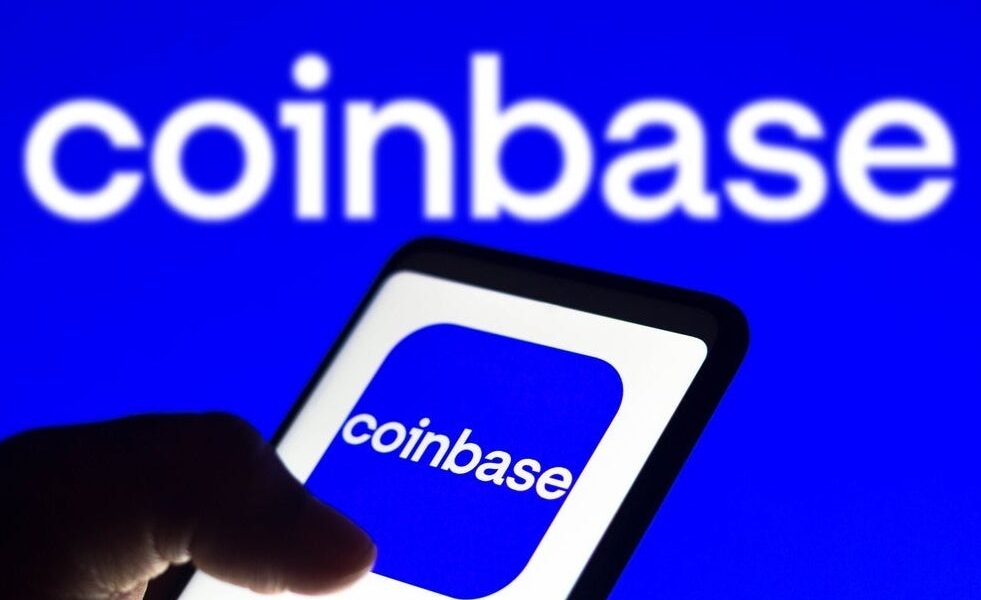Regulation
Coinbase sues SEC and FDIC for alleged attempts to stifle the crypto industry – Coinbase Glb (NASDAQ:COIN)

Cryptocurrency Exchange Coinbase COIN filed lawsuits against the Security and Exchange Commission and the Federal Deposit Insurance Corporation for failing to comply with Freedom of Information Act requests.
What happened: The company is while searching a court order requiring these agencies to respond to requests for information.
In lawsuits filed Thursday in the U.S. District Court for the District of Columbia, Coinbase accuses federal financial regulators of trying to hamper the crypto industry’s access to the banking sector.
“For nearly two years, a wide range of federal financial regulators – including the Securities and Exchange Commission, the FDIC and the Federal Reserve Board – have used every regulatory tool at their disposal to attempt to cripple the digital assets industry “, says the complaint against the FDIC.
“This FOIA lawsuit aims to shine a light on the FDIC’s role in this illegal scheme. »
FOIA requests handled by a consulting firm History Associates Inc.requested information from the SEC regarding the agency’s views on Ethereum ETH/USD, particularly its transition to a proof-of-stake consensus mechanism.
These requests were denied, with the SEC subsequently rejecting their appeals.
Additionally, requests for records related to the Zachary Coburn and Enigma MPC investigations were also denied, with the SEC citing potential harm to ongoing enforcement proceedings.
“The SEC’s rationale for withholding documents in investigations that resulted in settlements years ago is tailor-made to thwart the legitimate purposes for which Coinbase sought the Coburn and Enigma MPC documents in the first place — to understand the legal perspective behind the SEC’s enforcement blitzkrieg against the digital asset industry,” Coinbase argued in its complaint.
“The SEC’s obstruction violates its obligations under FOIA. »
In its complaint against the FDIC, Coinbase highlighted the agency’s “pause letters” that were sent between March 2022 and May 2023 to financial institutions, advising them to halt the expansion of crypto-related activities until until further information is provided.
These letters have been described as part of “Operation Choke Point 2.0,” aimed at stifling cryptocurrency businesses’ access to banking services.
“The pause letters did not constitute a good faith effort to supervise the crypto-related activities of financial institutions,” the complaint states.
“This was a transparent effort to stop these activities, and is an integral part of the FDIC and other regulators’ plan to deprive digital asset companies of necessary banking services.” »
History Associates requested copies of those pause letters, but the FDIC denied the request, arguing that releasing the letters would reveal sensitive communications between the banks and their regulator.
Read also: Bitcoin ‘downside risk’ threatens again in July: JPMorgan
Why is this important?: This isn’t Coinbase’s first legal run-in with regulators.
In April 2023, the exchange sued the SEC to force the agency to respond to its request for rulemaking for the crypto industry, highlighting ongoing tensions over regulatory clarity.
Coinbase had initially asked the SEC to establish a formal rulemaking process for the crypto industry in July 2022.
Although the SEC has proposed some rules impacting cryptocurrencies, the industry has criticized the regulator’s approach, calling it “regulation by enforcement.”
The SEC has taken enforcement action against various cryptocurrency platforms, including filing a lawsuit against Coinbase for operating without proper registration.
SEC Chairman Gary Gensler argues that most cryptocurrencies should be regulated as securities, while the industry is calling for clearer regulatory guidance.
For those interested in the evolving digital asset landscape and regulatory impacts, Benzinga The future of digital assets The November 19 event will feature in-depth discussions and insights from industry leaders and experts.
Read next: Was Barron Trump Really Involved in “TrumpCoin”? Even Prediction Markets Can’t Decide
Image: Shutterstock
